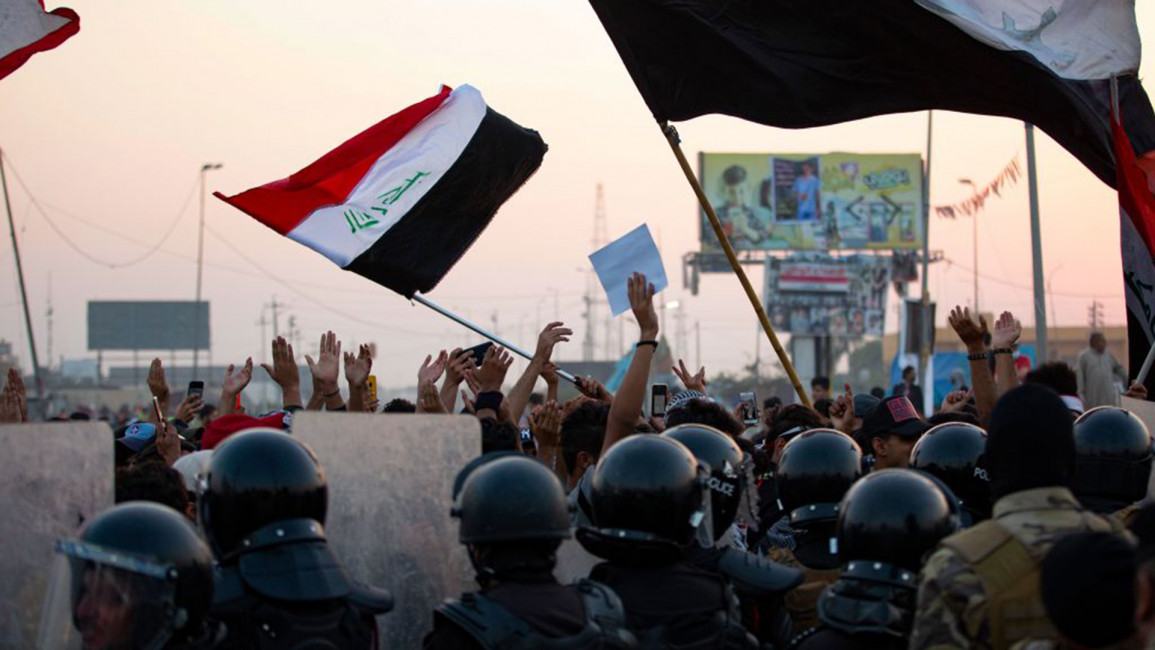With four years passing since the Tishreen Uprising in Iraq, the echoes of the protests for justice, accountability, and a better future still resound within the nation. However, these demands have remained largely unmet, overshadowed by a grim reality of enforced disappearances and a lack of accountability for the brutal crackdown on peaceful demonstrators.
The anti-government protests, which began in October 2019, were met with excessive force by Iraqi security forces, leading to numerous deaths, injuries, and the disappearance of activists, lawyers, and ordinary citizens. Organizations like Amnesty International and Human Rights Watch have highlighted the grim aftermath, shedding light on the tragic stories of those forcibly disappeared.
Successive Iraqi governments have promised justice, but these pledges have largely remained unfulfilled. Investigations into the atrocities have been meager and far from meeting international standards. The families of the disappeared, courageously seeking answers, have been met with threats and intimidation, preventing them from pursuing justice. Tragically, in some cases, family members advocating for their missing loved ones have themselves become victims of violence.
Despite assurances and promised investigations, the lack of transparency has further compounded the issue. Committees formed to investigate these violations have failed to deliver the much-needed truth or justice. While reparations have been provided to some families, it falls short of addressing the core issue of accountability for the crimes committed.
The plight of the disappeared persists. Names and faces of those missing continue to haunt their families and communities. Many have been abducted without a trace, their loved ones left in anguish, seeking answers from authorities who have yet to provide any substantial information.
The United Nations Committee on Enforced Disappearances has raised concerns and urged the Iraqi government to take urgent steps. Incorporating enforced disappearance as a distinct crime in domestic law and implementing recommendations for addressing disappearances are imperative. Civil society organizations, including Amnesty International, Human Rights Watch, and International Federation for Human Rights (FIDH), among others, have urged the Iraqi government to take immediate action and address the devastating issue of enforced disappearances.
Iraq stands at a critical juncture, where justice for the disappeared remains a pressing concern. The voices of those who sought change through peaceful protests continue to resonate. Yet, their absence underscores the urgency of the situation. The Iraqi government must heed the calls for justice, uphold human rights, and ensure accountability for the disappeared protesters, bringing closure to their families and the nation.





